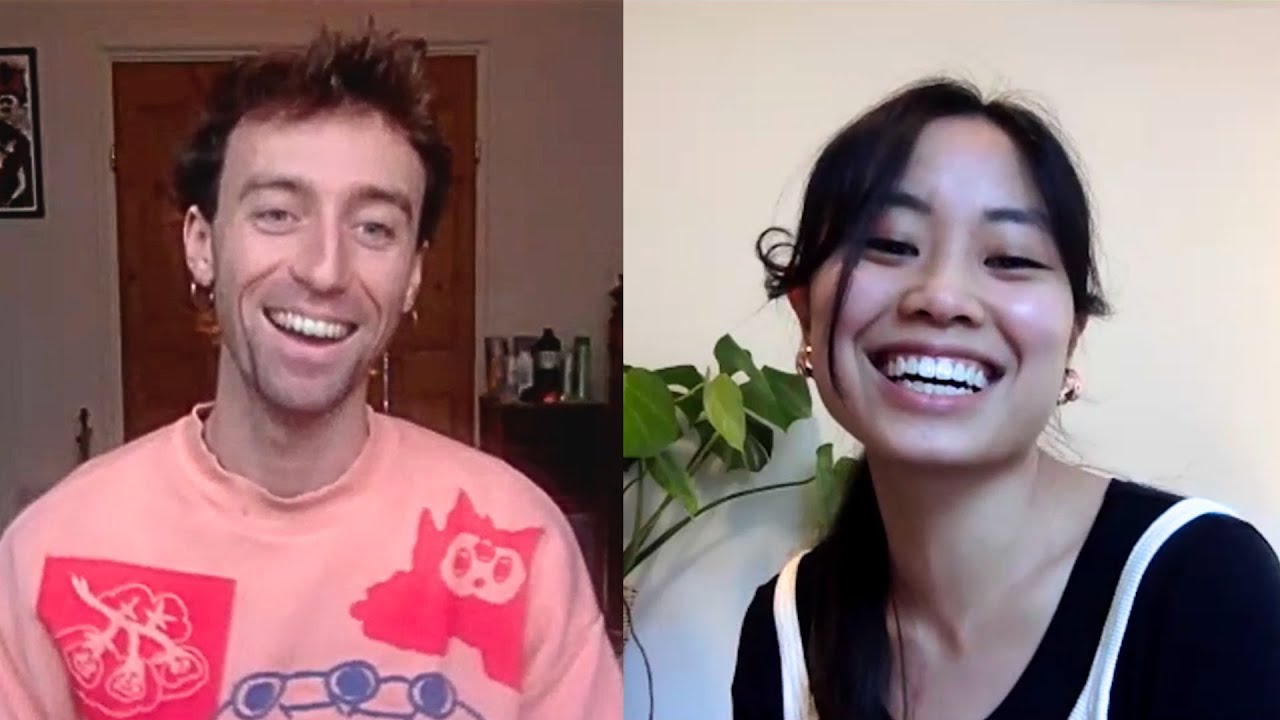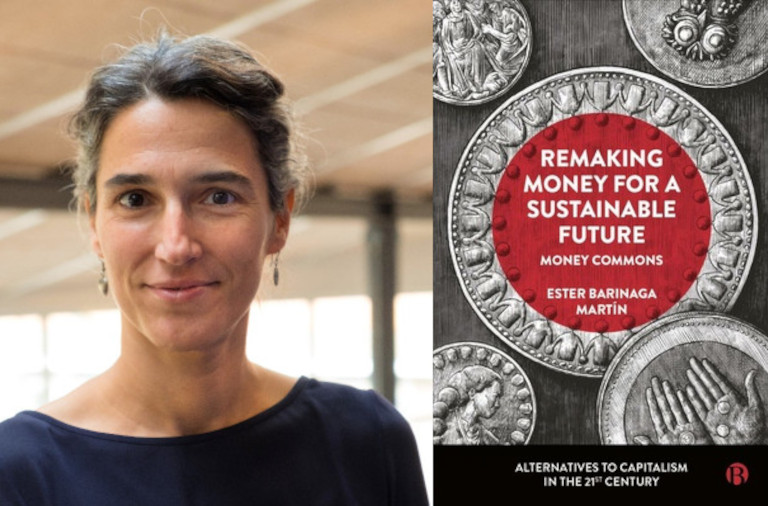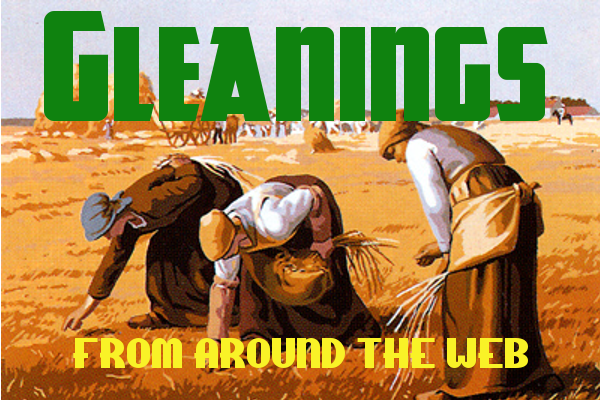This week, the Punchcard podcast talks with Ai Van Kok about her work with worker co-ops experiencing financial difficulties. Ai has adapted several practices from traditional business to apply to cooperatives, and has had particular success with "The £1 Model," which simplifies the tradition profit and loss statement.
Then, Katja Durrani reviews Ester Barinaga Martín's book Remaking Money for a Sustainable Future: Money Commons, that takes an in-depth look at various alternative money systems (the book is available for free download through Open Access).
Overcoming Financial Difficulty for Co-ops
An Interview with with Ai Van Kok
by PUNCHCARD
In this episode of Punchcard, we speak with Ai Van Kok, formerly a financial worker at Leeds Bread Co-op. Ai Van joined the co-op at a critical moment—just months away from financial collapse—and played a key role in turning things around. Facing an urgent crisis, she turned to traditional business management literature for solutions, finding valuable insights in books like Profit First and The E-Myth Revisited.
Making a Money Commons
by Katja Durrani
Barinaga is a professor of social entrepreneurship at Lund University in Sweden, and also a professor at Copenhagen Business School. She had been doing research on social innovation for over a decade, when she first came across local currencies in 2016, in the shape of the Malaga Común. How had she not heard of those currencies before?Barinaga soon discovered numerous examples all over the world. She went to a National Congress in Spain on community currencies and was hooked. “I can genuinely confess that money has taken over my life,” she says. She now teaches about reimagining monies, and has been involved in introducing complementary monies in Kenya and Sweden.
The RI Worker Cooperative Alliance celebrates Worker Cooperative Advocacy Day
Steve Ahlquist (YouTube) — The RI Worker Cooperative Alliance celebrates Worker Cooperative Advocacy Day with Fuerza Laboral and elected officials at the State House. During the short speaking program, legislators, employee-owned businesses, and organizations that support worker cooperatives in Rhode Island will share their experiences and strategies for fostering a sustainable local economy, including proposed legislation to encourage employee ownership: the Opportunity for Employee Ownership Act...
ILO and partners advance statistical standards for cooperatives and the social and solidarity economy
International Labour Organization — Olivier Frey, lead author on measuring the economic contribution of cooperatives, presented the rationale for a global measurement framework, emphasizing the need for conceptual clarity, relevant indicators, and a modular methodology adaptable across countries. He emphasized key elements often overlooked in national statistics on cooperatives, such as employment generation and fiscal contributions...
Workshop on Performance Reviews
Sociocracy for All —The performance review process in sociocracy is a 360-degree process to give feedback to people in their roles. It’s structured and optimized to give high-quality feedback in a safe and relaxed atmosphere. It ends with a peer-based improvement plan that supports personal and professional growth and accountability. This class is an opportunity to practice and try out a performance review, while reflecting on the value of accountability in peer processes...
New on our YouTube Channel
Co-op Conversions, Outside Financing, and Worker Control
Like what you find on GEO?
Make a Donation Today!
Your tax-deductible contribution ensures that GEO can continue to provide independent grassroots content about the cooperative and solidarity economy movements.
Got something to say?
Let us know. Send your comments, suggestions, rants and article submissions to editors@geo.coop.
Follow us on Social Media
Mastodon: social.coop/@GEO_Collective
BlueSky: @geocollective.bsky.social
FB: facebook.com/GEOCollective
Twitter: twitter.com/@GEO_Collective
Instagram: instagram.com/grassrootsecon
Our mailing address is:
Grassroots Economic Organizing
P.O. Box 115
Riverdale MD 20738-0115




